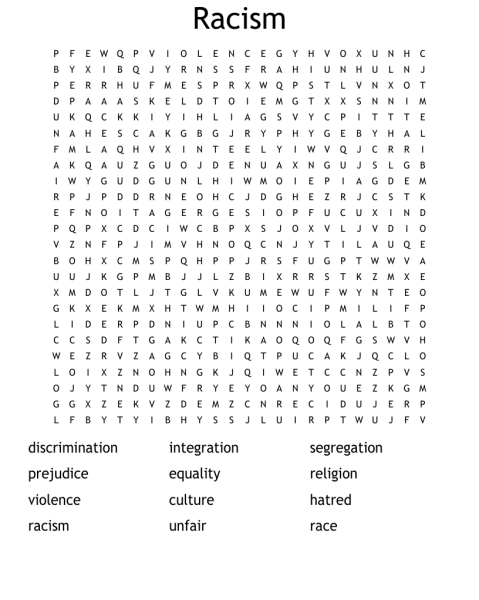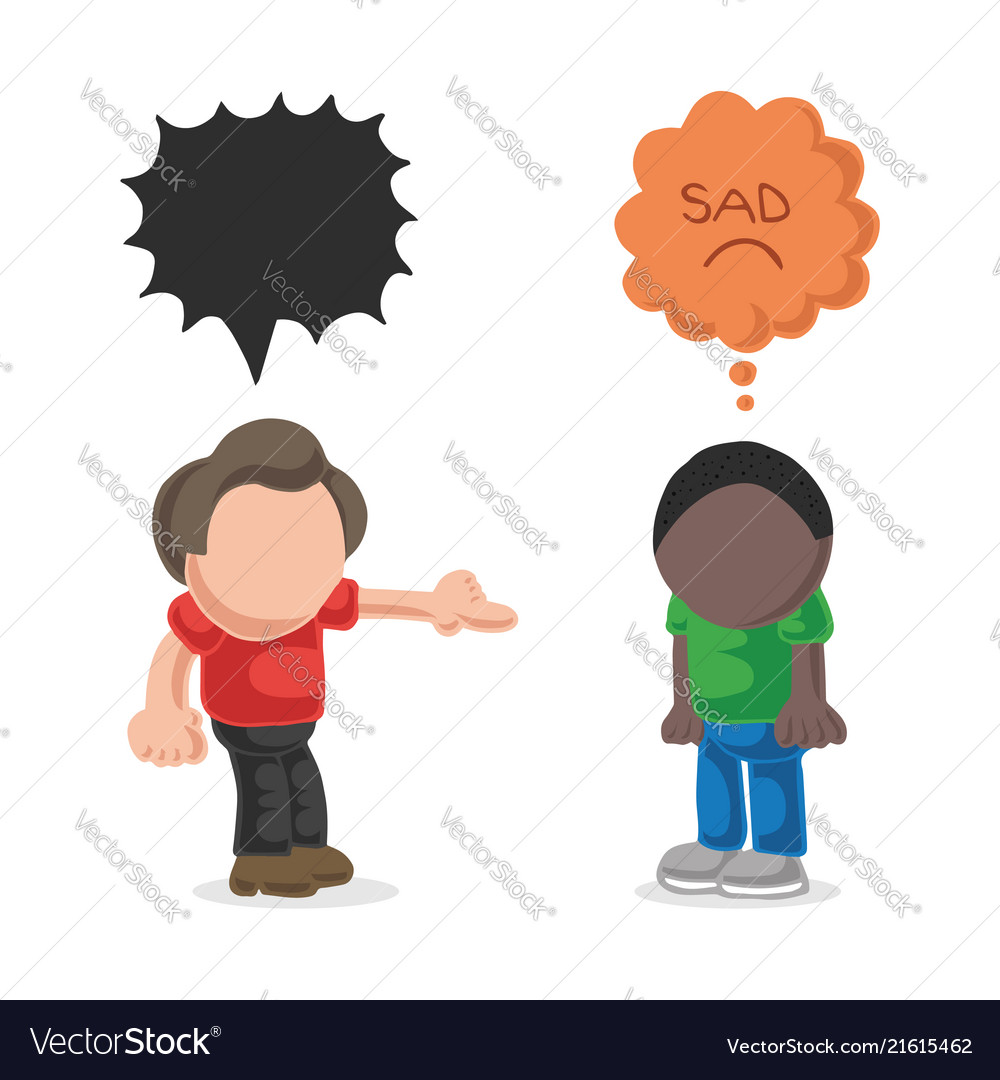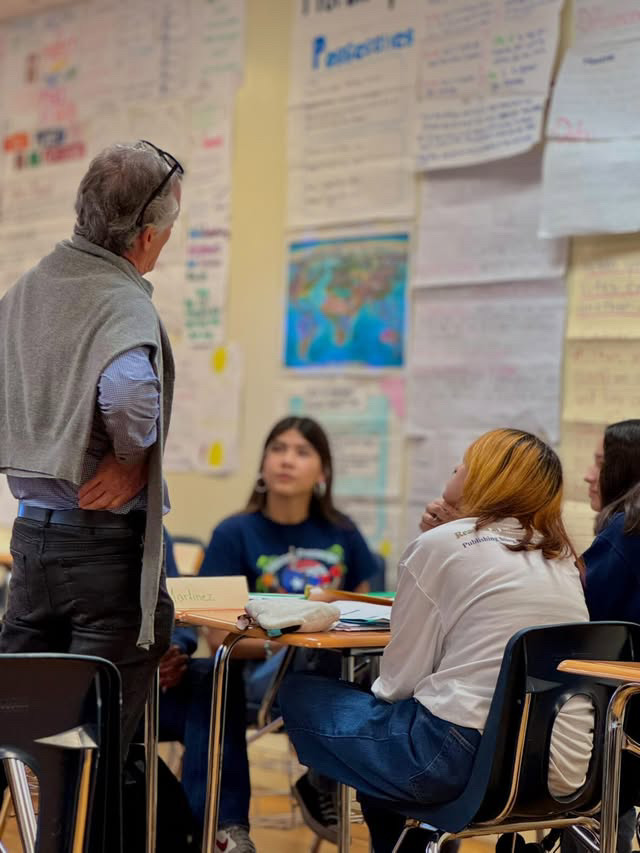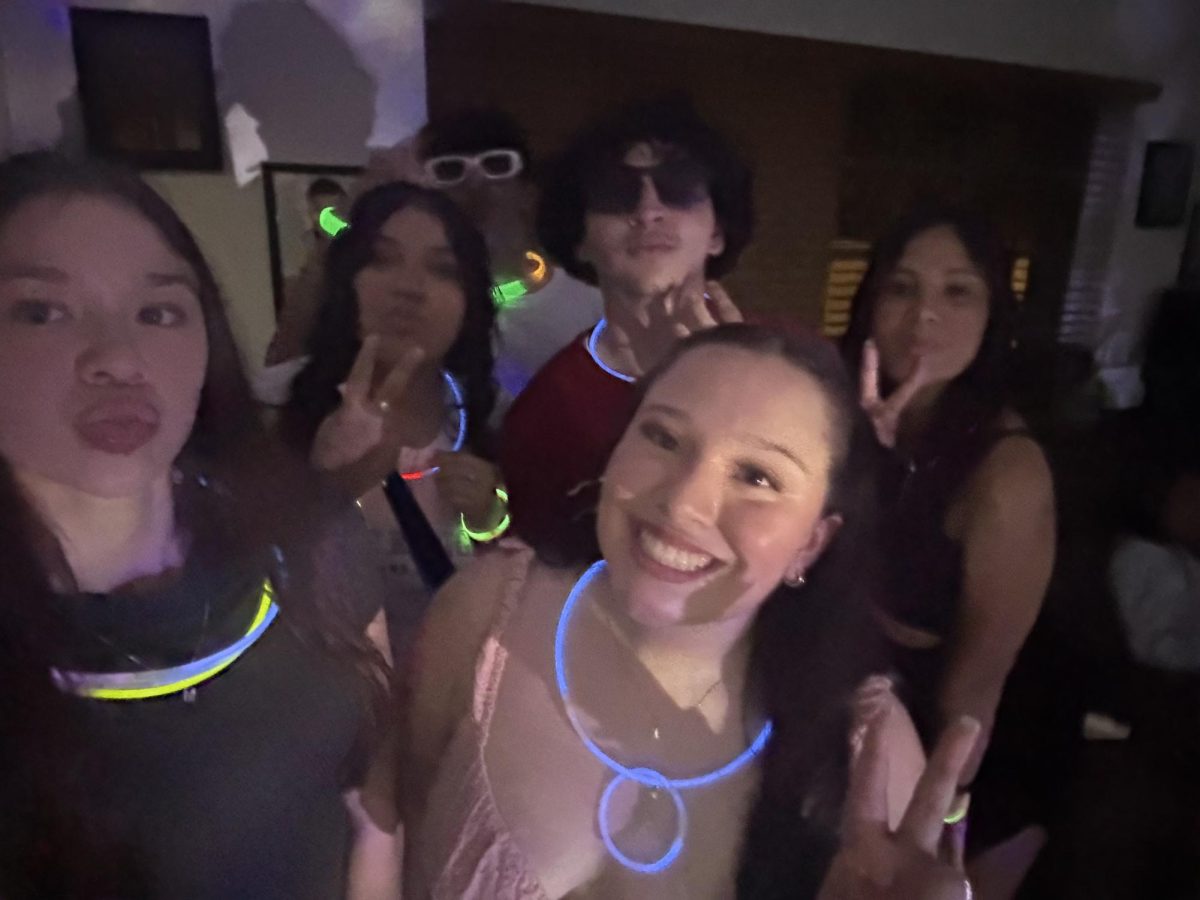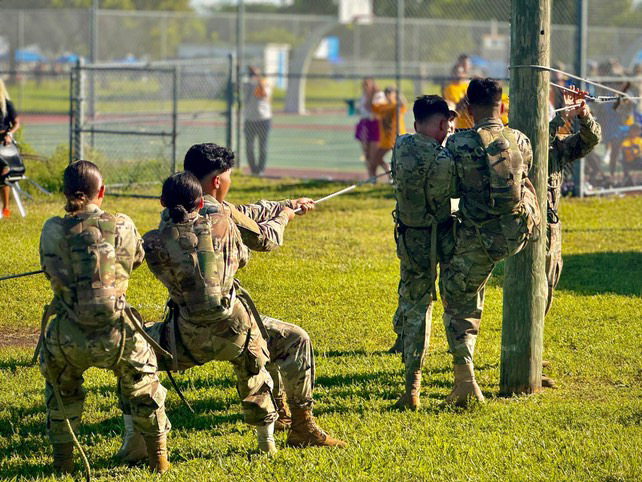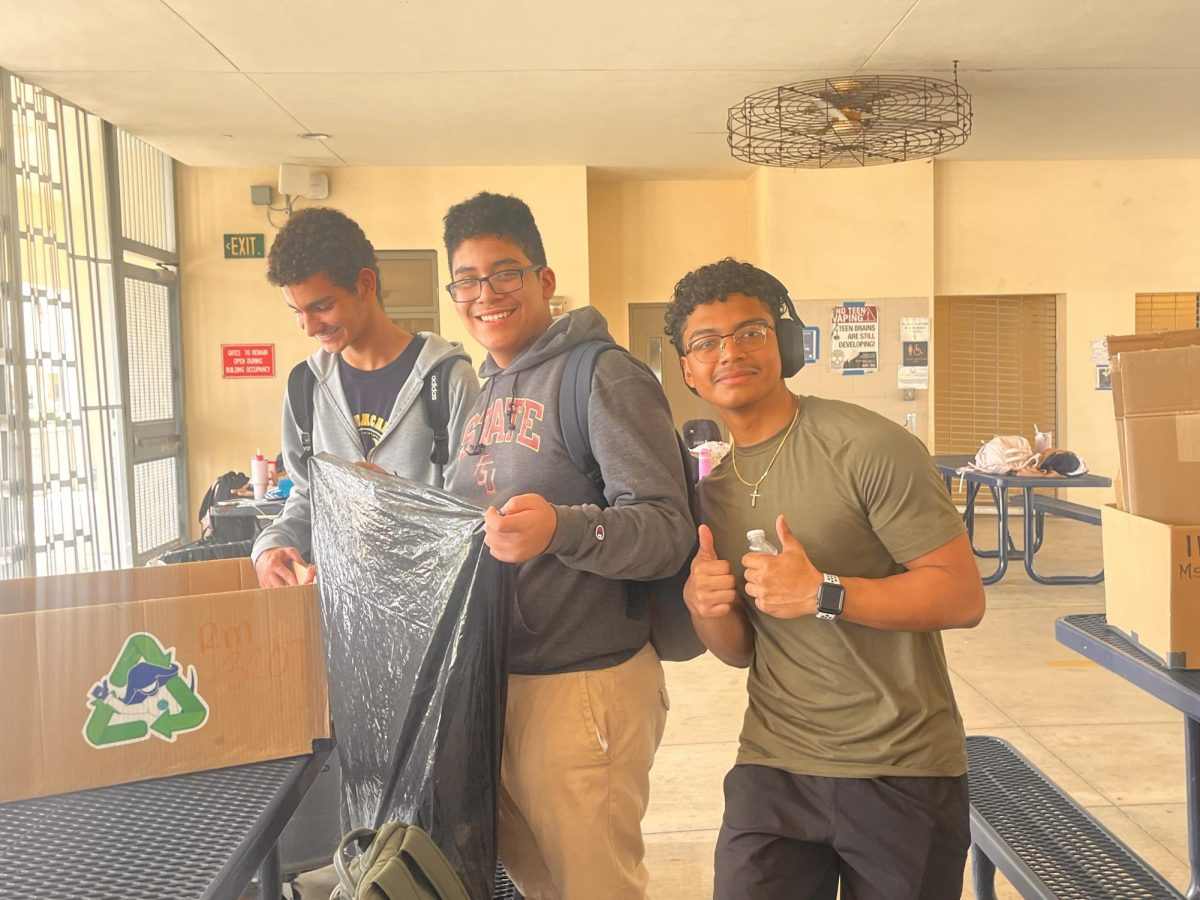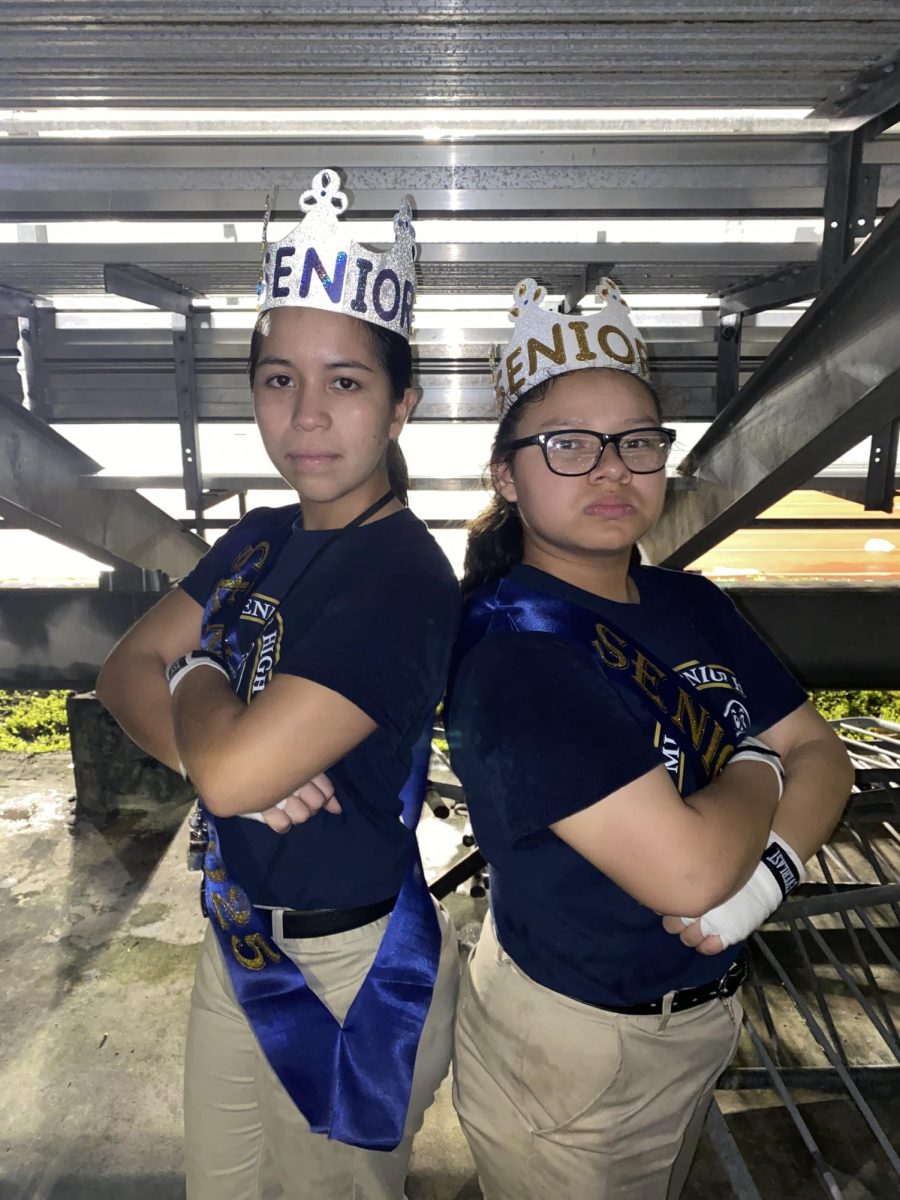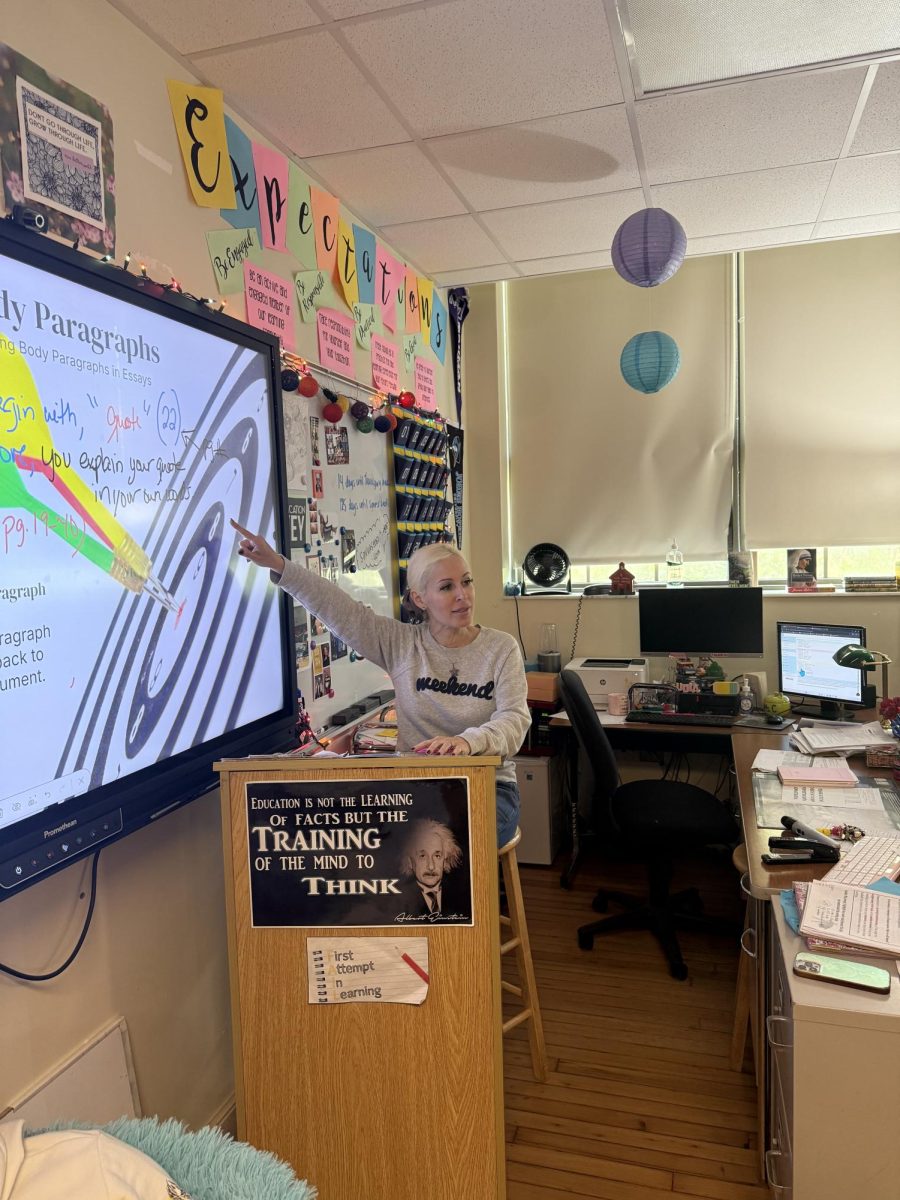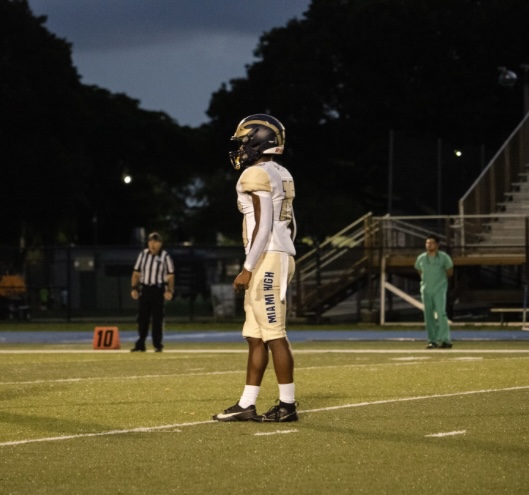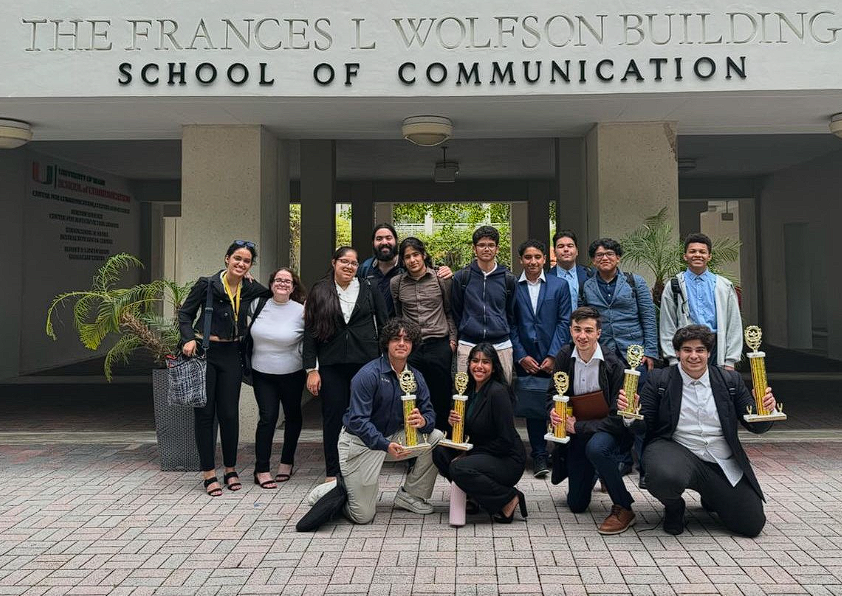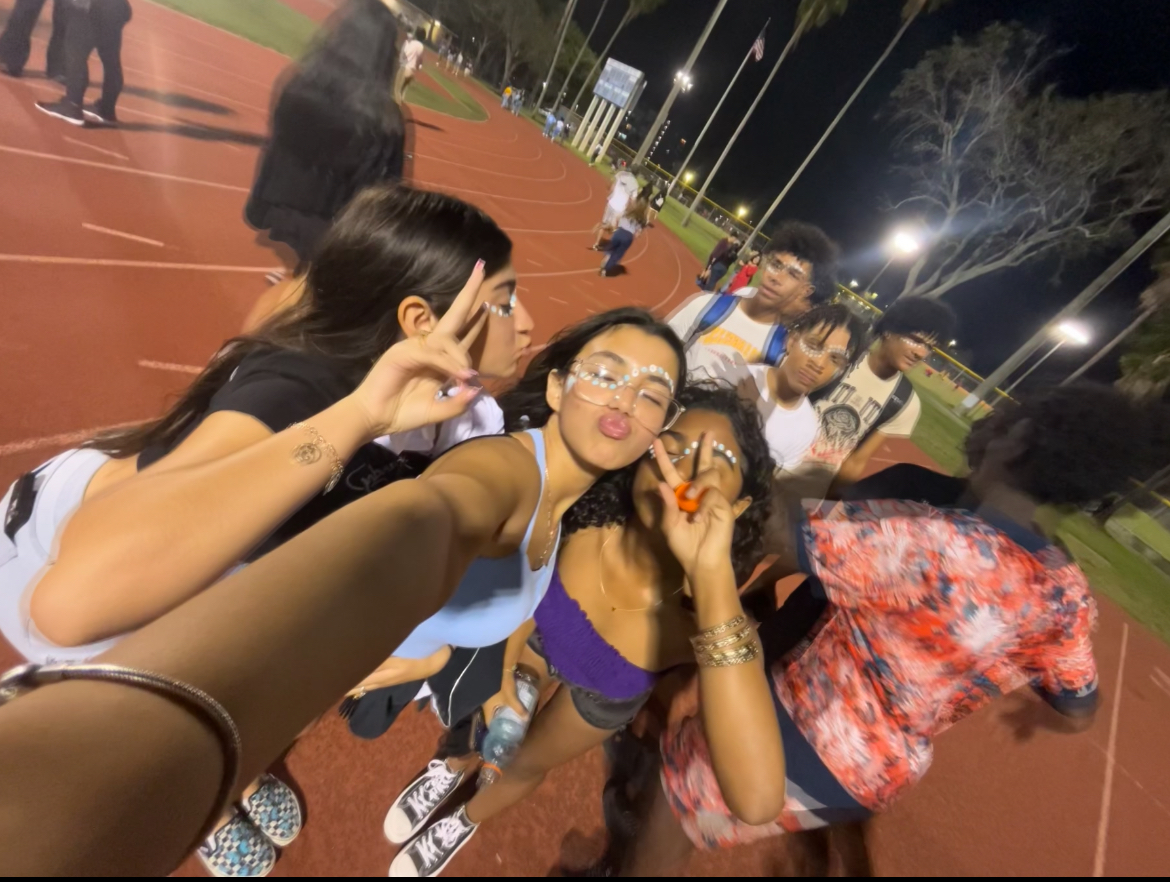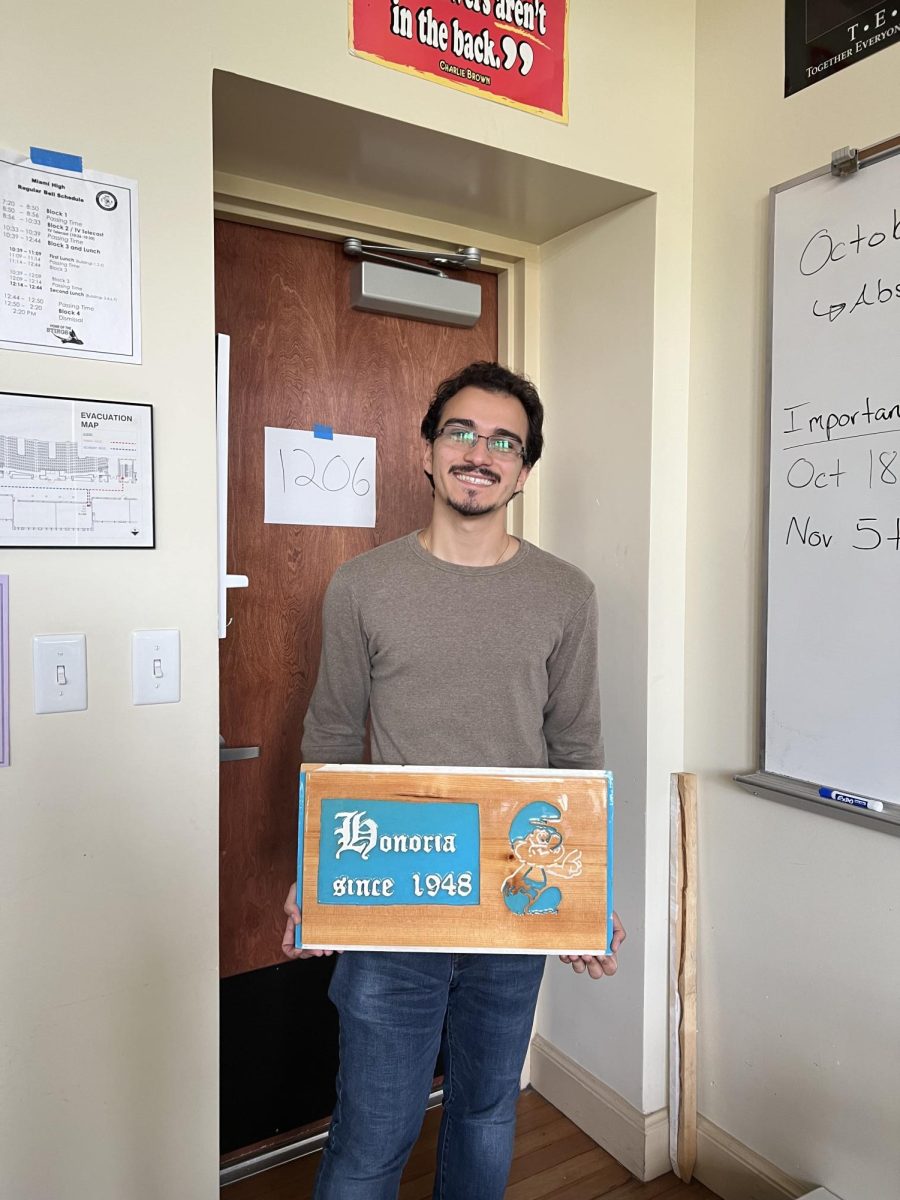Nowadays, it is common for people to be discriminatory towards other races, especially immigrants. Many tell them to return to their country; others mimic their way of speaking. It is unfortunate that these kinds of situations are still happening around the world just because someone is not from their same race or ethnic group. Some immigrants don’t know the language someone is speaking so they’re unable to understand what is being told to them.
Our instinct to someone disrespecting us is to talk back, but in this kind of circumstance, it is just best to leave it alone. Freshman Miriam Ortega, who’s from Nicaragua, normally handles a situation like that by “disregarding them” because she doesn’t want to cause any problems. Freshmen Emily Recinos, whose family is also from Nicaragua, states that she “ignores” people that disrespect her as well.
Freshman Lorena Campos and her family are from Mexico, and she went camping in March in Oleta River State Park where they experienced discrimination by a group of 5 people that disrespected her and her family by saying harsh words like “they don’t belong here” and giving them weird stares. The way they handled this situation is by not paying attention to those people and enjoying their camping day.
Freshman Victor Rodriguez, who’s from Colombia, has experienced something like this situation by a man telling him to “go back to your country”. He handled this situation by walking away and ignoring him since he didn’t mind what they were saying to him.
Emily Recinos says that whenever someone tells her something based on her looks, she doesn’t care and says, “I shouldn’t care what other people think.”
Aranza Tova feels bad whenever someone judges her about the way she looks, but doesn’t really care anymore because she’s more confident about herself now.
There are a lot of ways racism has been normalized. Lorena Campos says that it’s become normalized to refer to Hispanics as “Indian” and “Illegal” which she finds disrespectful and discomforting.
Freshman Aranza Tova, whose family is from Venezuela, talks about how it’s now normal to joke around with your friends and calling them “black”. Aranza states that this kind of joke makes her uncomfortable.
Freshman Emily Recinos thinks that society can have a change, and if it does, some people wouldn’t be ashamed of their race, skin color, ethnicity, language, and more.
Aranza believes society can have a change but it all depends on people’s decisions if they want to or not.
